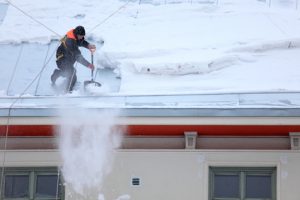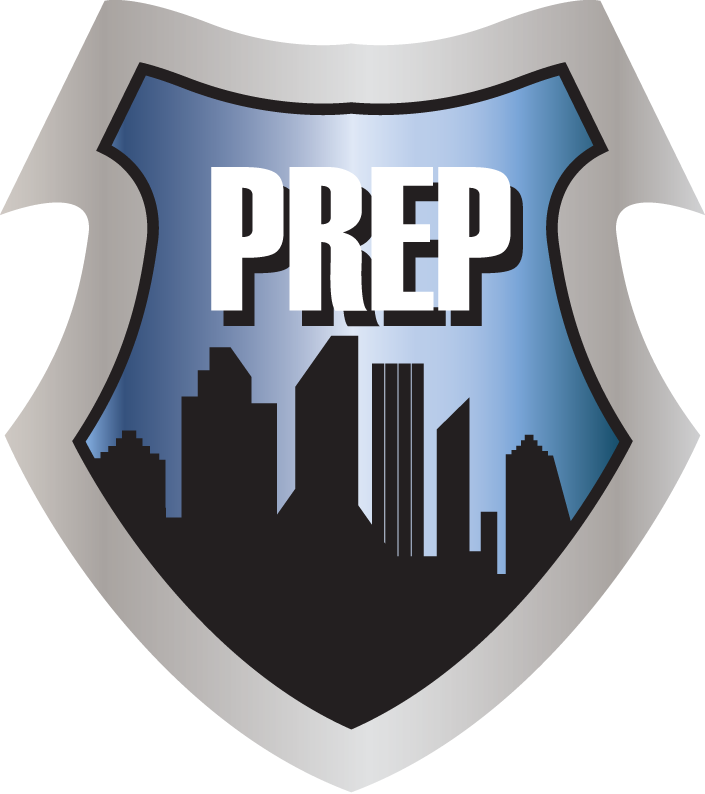Preparing Your Building for the Winter
 You should always have measures in place to make the winter months safer, and less of a financial burden, whether you own or lease a commercial building, or even if you manage a property. There are several ways that you can prepare your building for the winter, some of which can help throughout the entire year. Here are a few ideas, broken down by professional services, and then items that you will want to add into your budget.
You should always have measures in place to make the winter months safer, and less of a financial burden, whether you own or lease a commercial building, or even if you manage a property. There are several ways that you can prepare your building for the winter, some of which can help throughout the entire year. Here are a few ideas, broken down by professional services, and then items that you will want to add into your budget.
While this list is by no means complete or comprehensive, it does provide a few good ideas worth considering.
For professional inspections:
- Windows and deck areas should be inspected on a building in advance of the winter months. You should have a list of the age of the windows throughout your building so that you can quickly know which windows may be older or just outdated compared to new, energy efficient windows. Decks, outdoor walkways, and any other areas on the outside of the property should also be inspected for safety, as should any sliding doors or other points of entrance, for safety and energy efficiency respectively.
- Plumbing needs to be inspected. Exposed interior and the exterior water pipes in a building should be inspected to ensure that they are properly insulated, and adequately sealed. You will also need to have an inspection performed for any possible cracks or leaks, since it’s much easier to make repairs before the bitter cold arrives and even small leaks to your plumbing will become much more severe if frozen water enters the picture.
- Furnaces should be cleaned and serviced in advance of winter. Your regular HVAC inspections throughout the year should ensure that your heating will be up to the task for the winter, but it is especially important to know that there will be little to no chance of any malfunctions. Not only are repairs more expensive during the winter months, when demand for those services will be higher, but you may also have a longer period of wait time. While your heating is down, the occupants of your building may have to contend with very cold temperatures, depending on your local climate and weather. There’s just no reason to risk their health and safety; early inspections are vital.
For budget purposes:
 Have your own salt supply on hand in a storage location on the property, in the event that you need to quickly make the entrances and walkways safer.
Have your own salt supply on hand in a storage location on the property, in the event that you need to quickly make the entrances and walkways safer.- Find a snow clearing service, and don’t rely on your local government to handle the task. While they may eventually clear your lot or entrance, there’s no priority for your business, and you need to anticipate your own needs.
- Have first aid and food supplies on hand in the event of a blizzard or other serious weather event. The people inside the building may, at some point, need to stay within the facility for an extended period of time. Battery operated radios, walkie talkies, clean drinking water, nonperishable food, and medical supplies should be kept in a secure location.
While this is only a very brief list of suggestions, more extensive preparations are certainly appropriate and desirable for a much better survival of a brutal winter.
Author: Dick Wagner

 Have your own salt supply on hand in a storage location on the property, in the event that you need to quickly make the entrances and walkways safer.
Have your own salt supply on hand in a storage location on the property, in the event that you need to quickly make the entrances and walkways safer.



